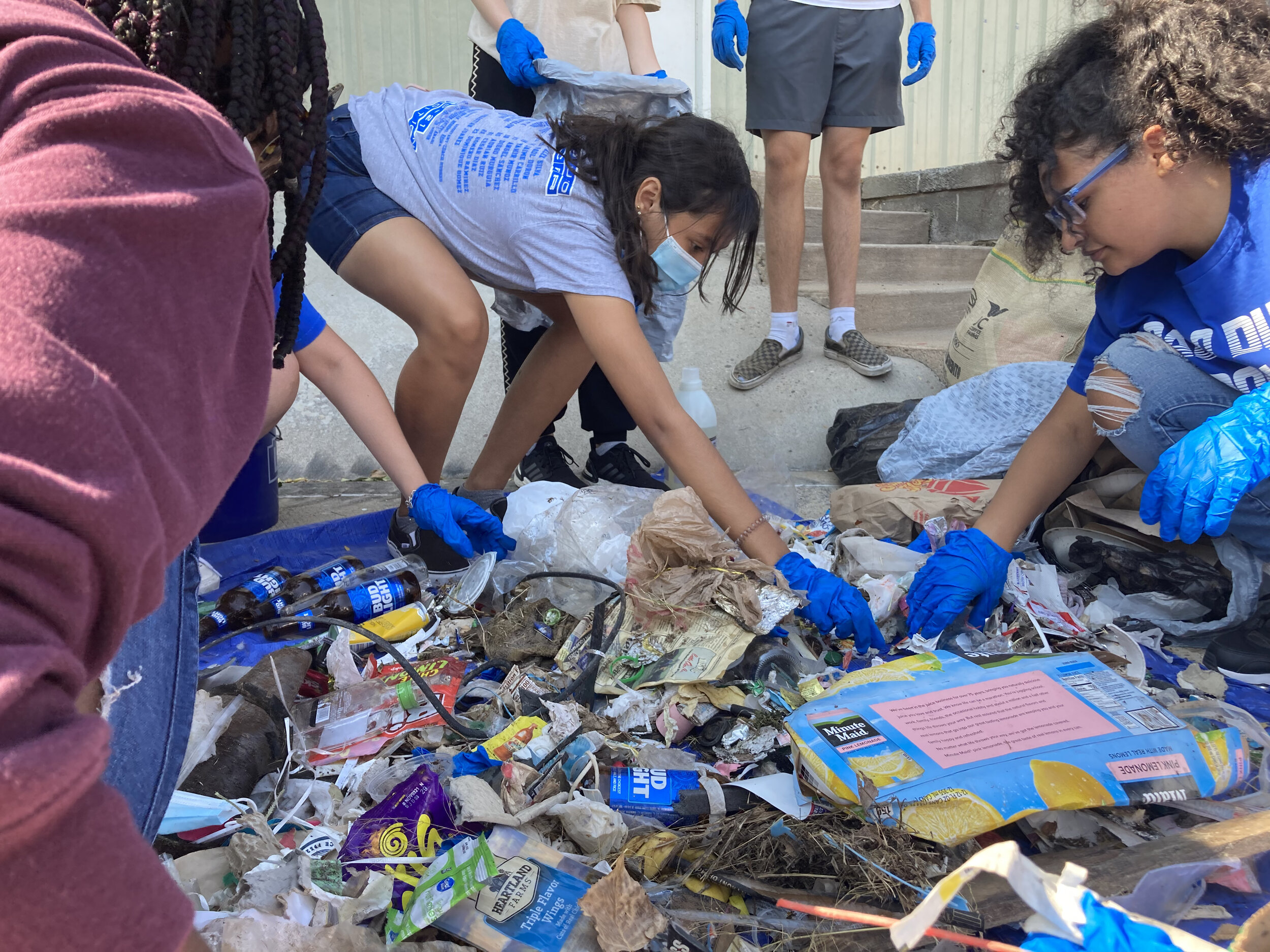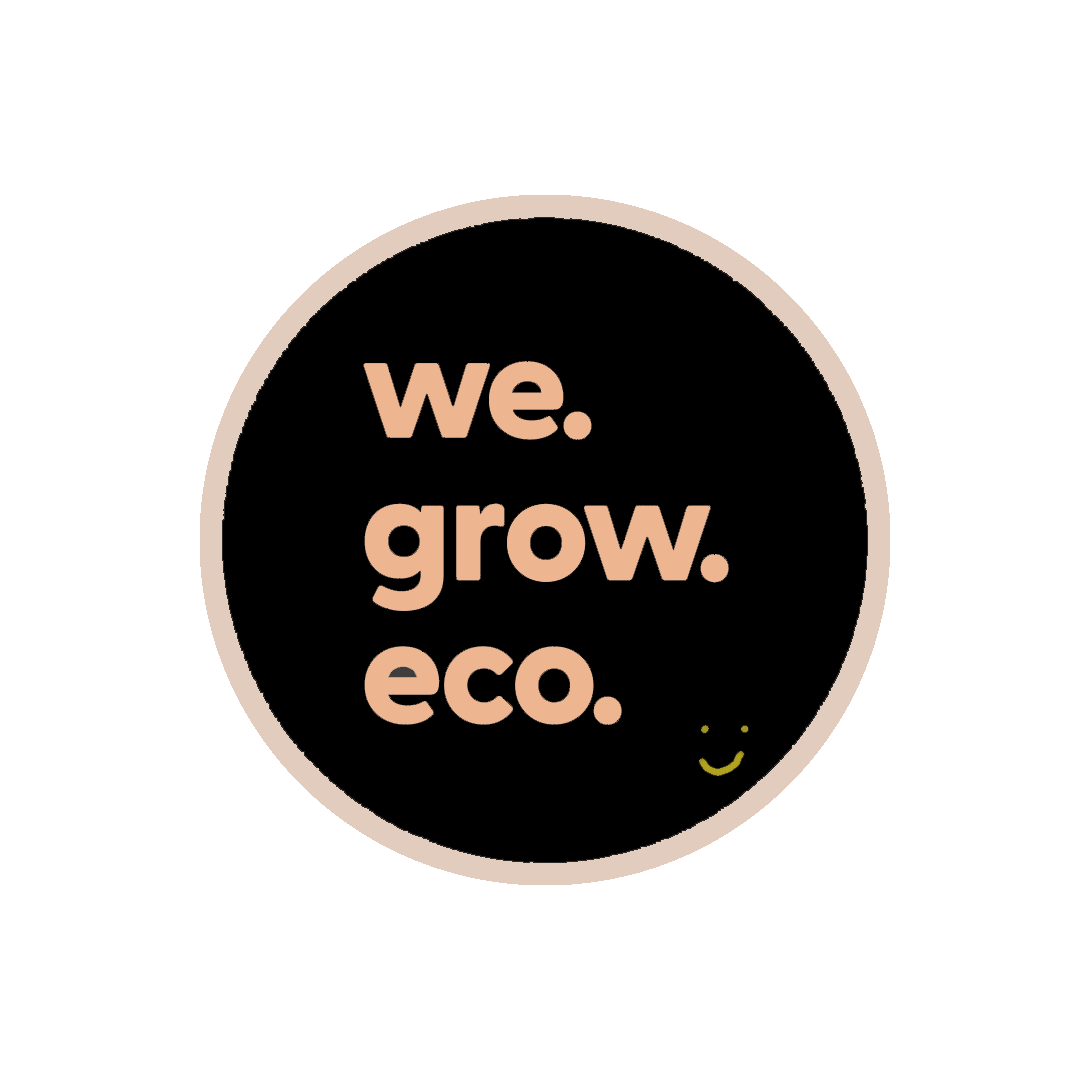one piece a day: a civilians science project





what if… every student in New Mexico picked up one piece of trash everyday?
one piece a day is a s.t.e.a.m. based citizens science project that encourages students in a classroom setting (k-undergraduate) to pick up and document at least one piece of litter per day for at 3 weeks each school year.
with this project we will:
build a global dataset of litter that can be used to address the root of the problem: our over-reliance on single-use plastic.
pick up and document 50,000 pieces of litter with students in the northern new mexico region of the U.S. during the 2023-2024 school year
expose students to the power of change through small unified actions
encourage students to think critically about the habits in how we choose to consume
encourage measurable actionable change through unifying projects.
one piece a day is a sustainable education program designed to provide classroom-based and field activities for students grades K-12, to provide more teacher support and to engage students with action-based relevant projects. For the central activity, students will be encouraged to pick up and document at least one piece of trash per school day for three weeks. Through art and the next generation science standards, we learn how small, persistent, organized, individual actions can create a massive positive impact on ourselves and environment. Later, each school will organize a student led community clean up facilitated with we.grow.eco.
newly updated activities include next generation science standards/NM STEM Ready! Science Standards.


o.p.a.d. begins in earnest at the start of 2023-2024 school year with schools across northern New Mexico
we want you to be a part of the action!
one piece a day interest meeting
Sunday, April 16th 2023 | 10:00 am - 12: 00 pm | virtual: zoom
event fee: free
questions: chauncey foster at cfoster@wegroweco.org
register below:

pieces of litter picked via
project one piece a day
37,361 pieces

perhaps…
~ people may reflect on their individual habits of consumption, as well as those of our society…
~ people may reflect on where this litter is going after we put it in a dumpster…
~ as well as where this litter comes from, and how to reduce it at the source…
~ people might feel more connected with their neighbors, young and old…
~ and those connections may snowball into discussions with people of differing viewpoints, toward mutual understanding…
~ and those connections may lead to further grassroots power-building to solve other problems…

